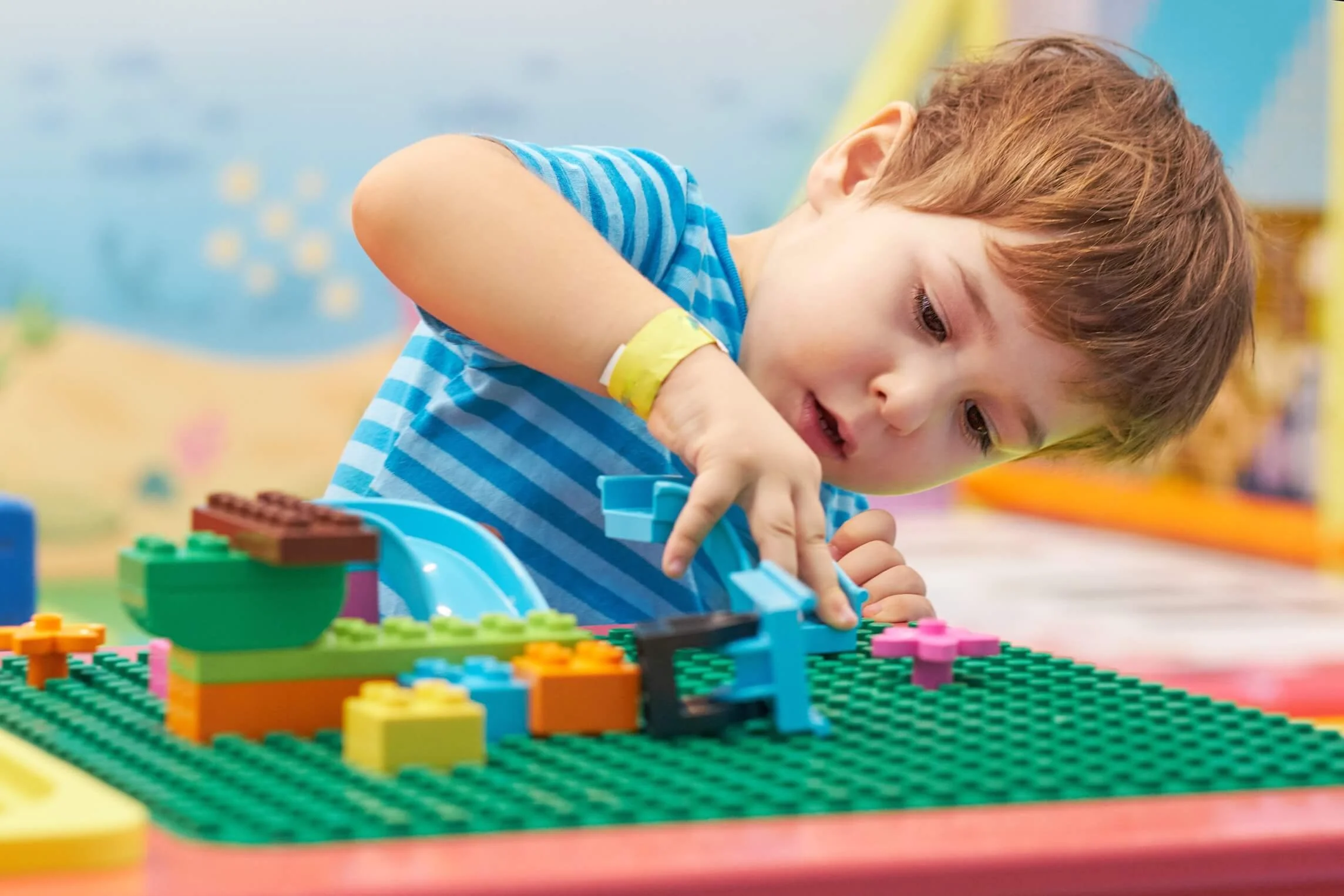Play Is the Work of Childhood—And It Really Works
Play-based learning is more than just fun—it’s a powerful, research-backed approach to early childhood education that nurtures the whole child. At Cedar Gables, our curriculum is rooted in the latest child development science and delivered with warmth, joy, and creativity. We believe that when children learn through play, discovery, and connection, the lessons they absorb truly stick.
Why Play-Based Learning Works
1. Cognitive Growth Through Exploration
Play invites children to explore, experiment, and solve problems in meaningful ways. Research from Edutopia highlights that play-based learning can be more effective than direct instruction in developing early math and spatial skills . Whether building with blocks or engaging in pretend play, children are actively constructing knowledge and making sense of the world around them.
2. Social and Emotional Development
Through play, children learn to navigate relationships, express emotions, and build empathy. The National Association for the Education of Young Children (NAEYC) notes that free play fosters initiative, independence, and problem-solving abilities, all of which are crucial for social-emotional growth . Activities like role-playing and group games teach cooperation, negotiation, and conflict resolution in a natural, engaging context.
3. Language and Literacy Skills
Playful interactions—like storytelling, singing, and imaginative play—enhance vocabulary and communication skills. Children develop language comprehension and expressive abilities as they narrate their actions, ask questions, and engage in conversations during play. These experiences lay a strong foundation for reading and writing.
4. Physical Development and Coordination
Active play supports gross and fine motor skills, balance, and coordination. Activities like climbing, dancing, drawing, and manipulating small objects help children gain control over their bodies and movements, which is essential for tasks like writing and self-care.
5. Intrinsic Motivation and Love for Learning
When children are engaged in play that interests them, they develop a love for learning. Play-based learning encourages curiosity and intrinsic motivation, leading to deeper engagement and a lifelong desire to explore and understand new concepts.
Our Approach: Evidence-Based Learning with Heart
At Cedar Gables Preschool, we integrate these principles into our daily practices:
Emergent Learning Themes: We tailor our curriculum to the interests of our students, allowing their natural curiosities to guide their learning journey.
Hands-On Activities: Our classrooms are filled with opportunities for children to engage in early literacy, math, and problem-solving through interactive, tactile experiences.
Trained Educators: Our teachers are trained in best practices for age-appropriate instruction, ensuring that each child receives the support they need to thrive.
By combining the latest research with a nurturing environment, we create a space where children can grow intellectually, socially, emotionally, and physically.
Ready to Learn More?
Discover how our play-based curriculum can benefit your child. Contact us today to schedule a tour or speak with one of our educators. Let’s build a foundation for lifelong learning—through play!
References
Edutopia
The Power of Play-Based Learning in Early EducationNational Association for the Education of Young Children (NAEYC)
The Power of Playful Learning in the Early Childhood SettingHarvard University – Center on the Developing Child
How Children and Adults Can Build Core Capabilities for LifeAmerican Academy of Pediatrics
The Power of Play: A Pediatric Role in Enhancing Development in Young ChildrenZero to Three
Play: How It Shapes the Brain, Opens the Imagination, and Invigorates the Soul
